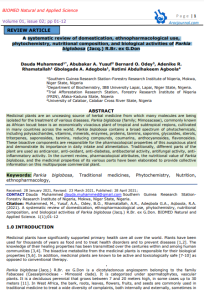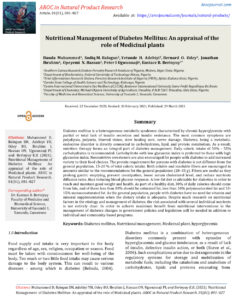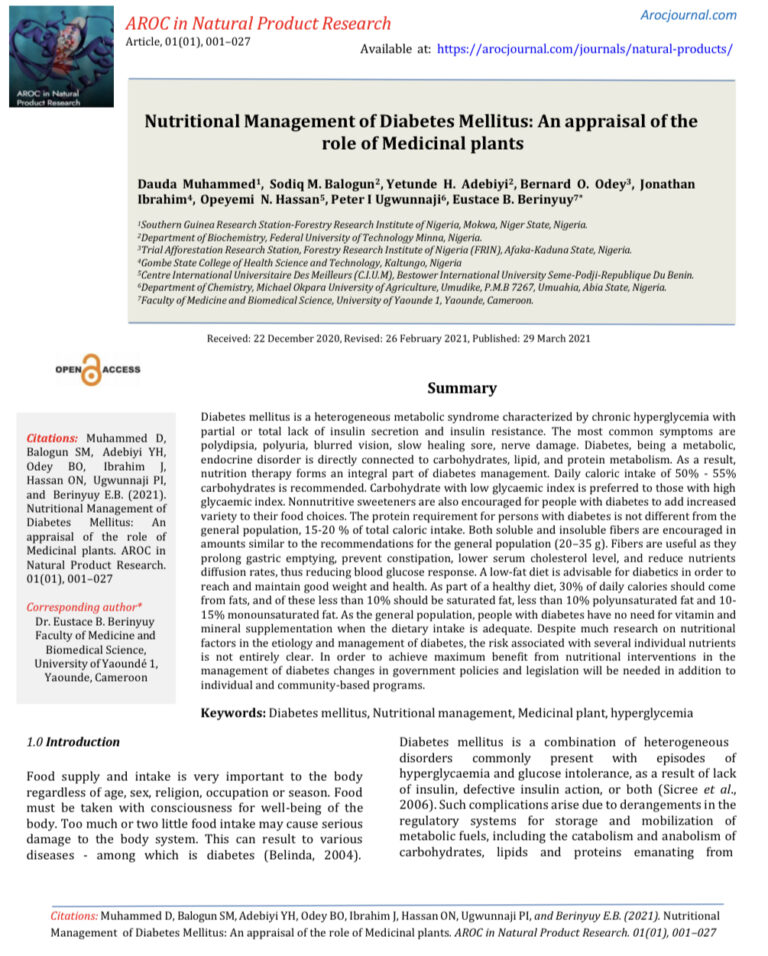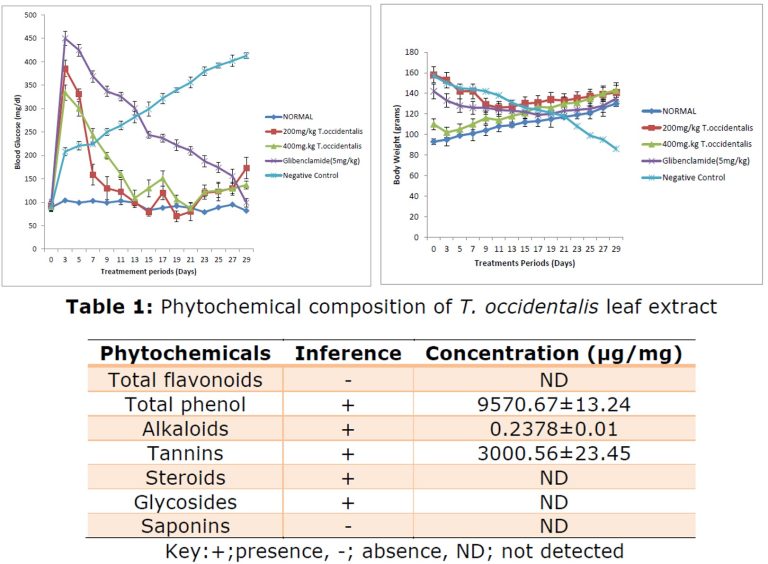Introduction:
The global community is facing unprecedented environmental challenges due to the increasing effects of climate change. Rising global temperatures, extreme weather events, and loss of biodiversity have pushed governments and policymakers to take urgent action. At the center of these discussions is the transition toward renewable energy sources such as solar, wind, hydropower, and bioenergy.
Renewable energy policies play a pivotal role in accelerating this transition. Countries that adopt ambitious frameworks often see faster progress in reducing carbon emissions, fostering innovation, and attracting investments in clean technologies. For instance, the European Union has set a binding target of achieving net-zero emissions by 2050, while countries like Nigeria are beginning to implement solar initiatives to address energy poverty and sustainability simultaneously.
Despite global efforts, challenges remain. Many developing nations face barriers such as inadequate funding, lack of infrastructure, and weak policy enforcement. This paper critically evaluates existing renewable energy policies and proposes practical solutions to strengthen climate change mitigation at the global scale.








